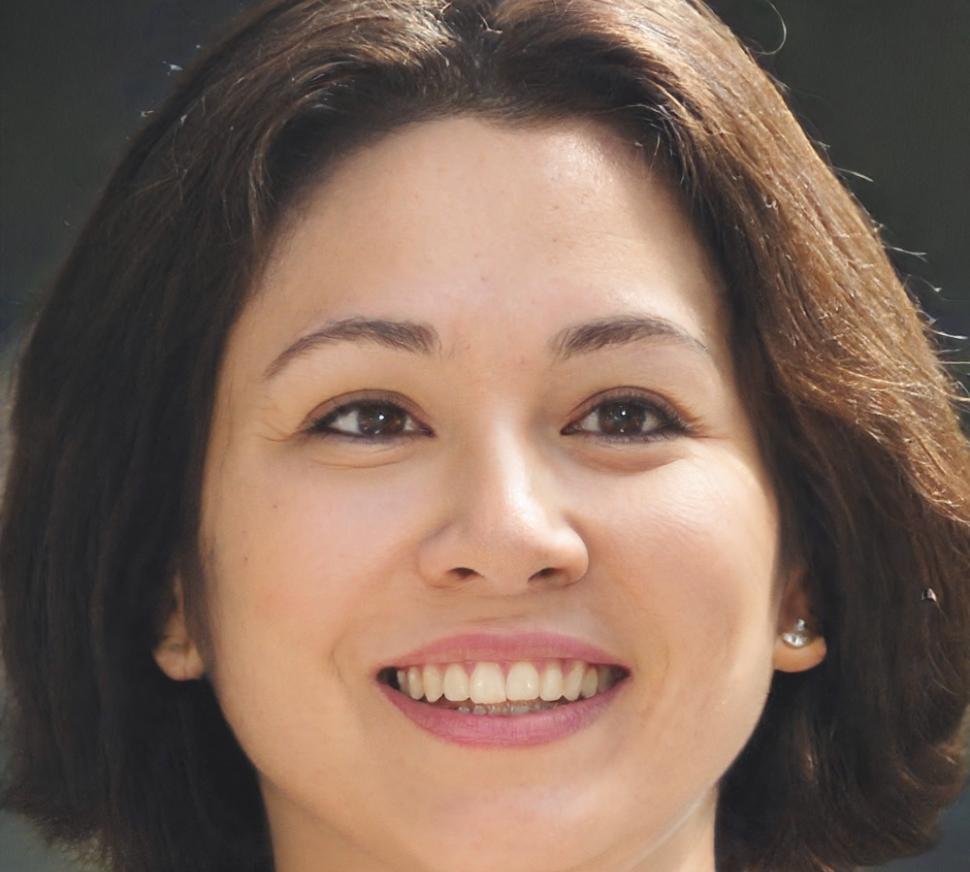We Teach Design That Works
Founded in Hsinchu's tech corridor, Signal-Bond emerged from a simple observation—most design education focuses on theory while students need practical skills that matter in actual product teams.
Started in a Co-Working Space
Back in early 2022, we ran weekend workshops from a shared office near the science park. Just three years ago. The first group had twelve people—mostly engineers wanting to understand design process, plus a couple of career switchers.
What surprised us wasn't the technical questions. It was how many students struggled with the gap between design tutorials and messy reality of product work. They'd learned tools but not decision-making. That's when we shifted everything.
By autumn 2023, we'd moved into our current space and rebuilt the curriculum around real project constraints. Now our programs start in September 2025, giving incoming students time to prepare properly.

What Drives Our Approach
These aren't corporate values we invented for a website. They're principles that emerged from watching what actually helps students succeed in design roles.
Context Over Perfection
Beautiful designs mean nothing without understanding business constraints, technical limitations, and user context. We teach students to ask why before how.
Learn by Shipping
Portfolio pieces are fine, but nothing replaces the experience of making decisions under real deadlines with actual stakeholder feedback. That's what our project work simulates.
Honest Feedback
We don't sugarcoat design reviews. Students get direct input about what works and what doesn't—the same way they'll experience in product teams after graduation.
Who Teaches Here
Our instructors split time between teaching and active design practice. They're not full-time academics—they work on real products and bring current experience into the classroom. This matters because design tools and practices shift constantly.

Linnea Westerlund
Lead Design Instructor
Linnea runs interaction design modules and specializes in research methods. Before teaching, she spent six years at product companies in Stockholm and Taipei, mostly working on B2B interfaces. She's particular about information architecture—sometimes to a fault.

Dorian Mercier
Technical Director
Dorian handles our design systems curriculum and maintains relationships with partner companies. He came from a front-end development background, which shapes how he teaches the handoff process. Students either love or hate his obsession with component documentation.
Project-Based from Week One
Students don't spend months on theory before touching real work. Our autumn 2025 cohort starts with a two-week sprint building an actual interface—messy, imperfect, but functional.
Each module builds on previous work. By month three, students are tackling design system problems. By month six, they're managing full product flows with technical constraints baked in.
Weekly critiques with working designers from local tech companies who volunteer their time
Design decisions documented in writing—learning to explain choices matters as much as making them
Collaboration built into every project because solo designers rarely exist in actual product teams


Want to Know More About Our Programs?
Our next cohort begins September 2025. Applications open in late spring. Check our learning program page for curriculum details and what to expect during the application process.
View Learning Programs